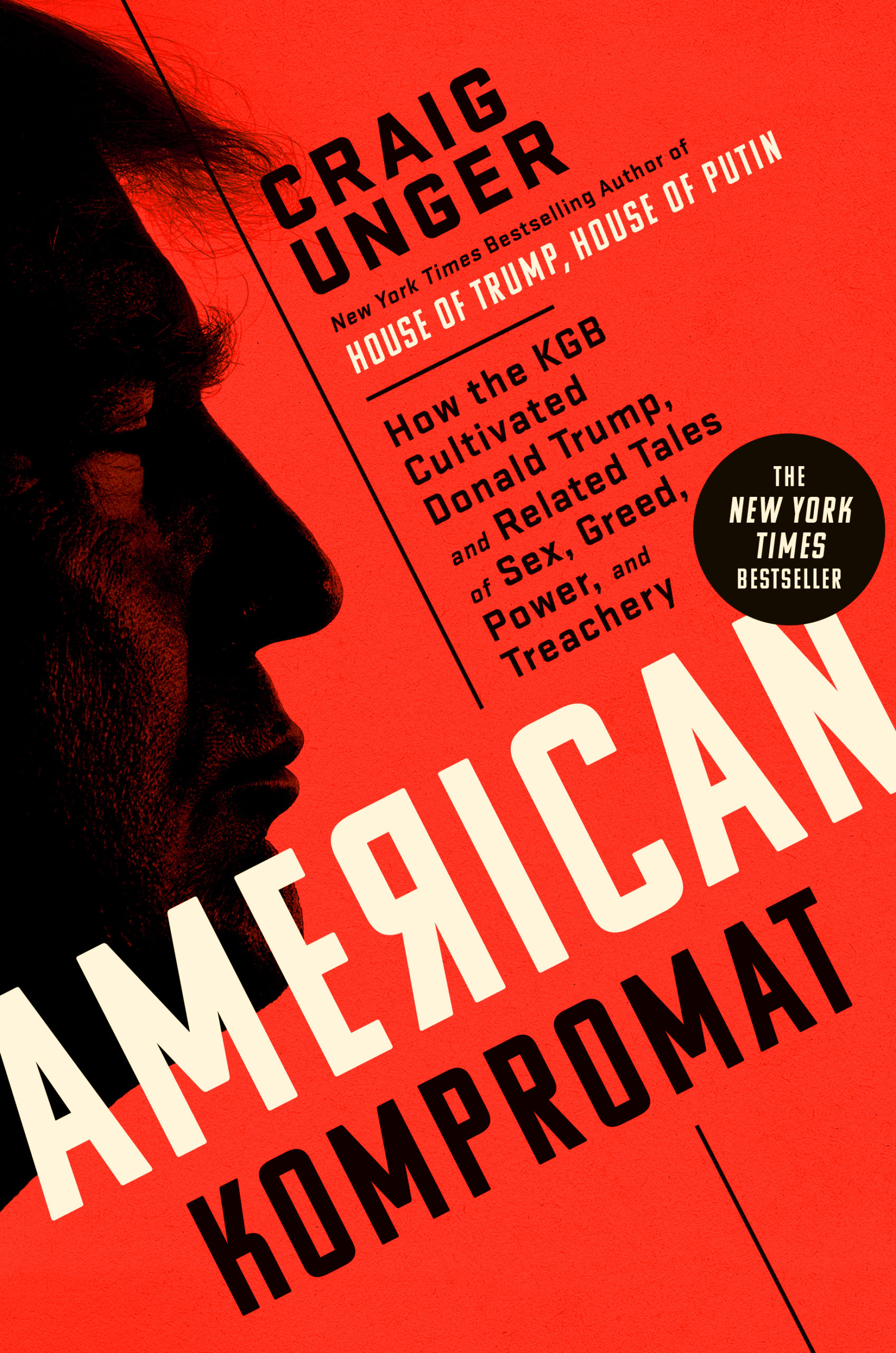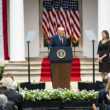The ascent of Donald Trump to the presidency of the United States in 2016 did not take place in a vacuum, nor did his grab for unprecedented executive power that far transcend democratic norms.
Starting back in the Soviet era, the KGB and its successors methodically studied various components of the American body politic and the economic forces behind it— campaign finance, the US legal system, social media, the tech sector, K Street lobbyists, corporate lawyers, and the real estate industry— and exploited every loophole they could find. In the end, they began subverting one institution after another that was designed to provide checks and balances to safeguard our democracy, including our elections, our executive branch, the Department of Justice, and the intelligence sector.
For the most part, the American media covered the Trump– Russia scandal as if it were a series of major criminal inquiries— following the investigations, prosecutions, and trials of Paul Manafort, Roger Stone, Michael Cohen, and other Trump associates; the Mueller Report; Trump’s impeachment and no-witness acquittal in the Senate; and all the rest.
But the investigation began as a counterintelligence investigation, not a criminal probe, and therein lies the problem. Successful intelligence operations often have far higher stakes than ordinary crimes. After all, paying hush money to a porn star out of campaign finances is illegal and can result in jail time, as it did for former Trump layer Michael Cohen. But it pales in significance to installing a Russian asset in the Oval Office. And, believe it or not, that may be perfectly legal.
That’s because, as the KGB and its successor know all too well, intelligence operations are designed within the law, which, thanks to lax regulations, lax enforcement, and the very nature of counterintelligence, has given the plenty of latitude. After all, this is a country in which laundering massive amounts of money through anonymously purchased estate can be done with virtually no risk. It is a country in which it is possible to take money from Russian intelligence, to establish communications with Russian intelligence, and, in effect, Russian asset without breaking the law. It is a country in which the Russians can hire highly paid attorneys as lobbyists, who happen to have access to loads of important secrets, and use them to get what they want.
When one thinks about it like that— as an intelligence operation rather individual crimes— suddenly the interactions of Trump and Trump himself with dozens of Soviet émigrés, Russian mafiosi, businessmen, and the like over forty years can be seen in an entirely different light, not so much as crimes but as part of standardized intelligence operations that served to bring Trump into the KGB’s fold, that tested him to see if he was worth cultivating, that compromised him through lucrative money- laundering schemes, sycophantic flattery, pie-in-the-sky Trump Tower Moscow projects, extravagantly well- paid franchising projects, and more.
One might think questions Trump’s ties to Russia would have been fully addressed by now. After all, the Trump– Russia scandal began to unravel almost immediately after his inauguration. Indeed, less than a month after Trump became president, on February 13, 2017, he got rid of National Security Advisor Michael Flynn for lying about his ties to the Russians. The very next day, Trump urged FBI director James Comey not to investigate Flynn. “I hope you can see your way clear to letting this go, to letting Flynn go. He is a good guy. I hope you can let
This go,” said Trump.
According to the Mueller Report, “The circumstances of the conversation show that the President was asking Comey to close the FBI’s investigation into Flynn.”
But Comey refused to do the president’s bidding— which would have breached the invisible firewall between the executive branch and the FBI— so on May 9, 2017, Trump fired him, too, and then told the world that the entire Trump– Russia thing was a hoax.
The difference between counterintelligence and criminal investigations is not some minor legal distinction. It’s fundamental. Criminal investigations are intended to lead toward prosecution; counterintelligence are not. Instead, they are undertaken to thwart an adversary’s spying, espionage, or sabotage— the adversary in this case, of course, being Russia.
Even though they are not about breaking the law per se, counterintelligence investigations may well involve issues that are far more serious than criminal probes. In this case, the point of a counterintelligence investigation was to protect the United States from Russian interference in America’s elections. From cyberwarfare. From disinformation. From Russian assets who had been groomed for years, perhaps decades, and were finally in place to do real damage to vital American institutions.
So is Trump a Russian asset?
Yes.
But it’s complicated. “When people start talking about Trump’s ties to the KGB or Russian intelligence, some are looking for this super-sophisticated master plan, which was designed decades ago and finally climaxed with Trump’s election as president of the United States,” said Yuri Shvets, a former major in the KGB who came to the United States and now lives outside Washington, DC.
What happened with Trump can best be seen as a series of sequential and sometimes unrelated operations that played into one another over more than four decades.
That’s a big difference between the KGB and some HUMINT [human intelligence] agencies,” Shvets told me during my first interview in what became an extended series of conversations that began in fall 2019. “The KGB is very patient. It can work a case for years. Americans want results yesterday or today; as a result, they have none.”
Excerpted from American Kompromat: How the KGB Cultivated Donald Trump, and Related Tales of Sex, Greed, Power, and Treachery, by Craig Unger. Published with permission of the author and Dutton, an imprint of the Penguin Publishing Group, a division of Penguin Random House, LLC. Copyright © 2021 by Craig Unger.







0 Comments